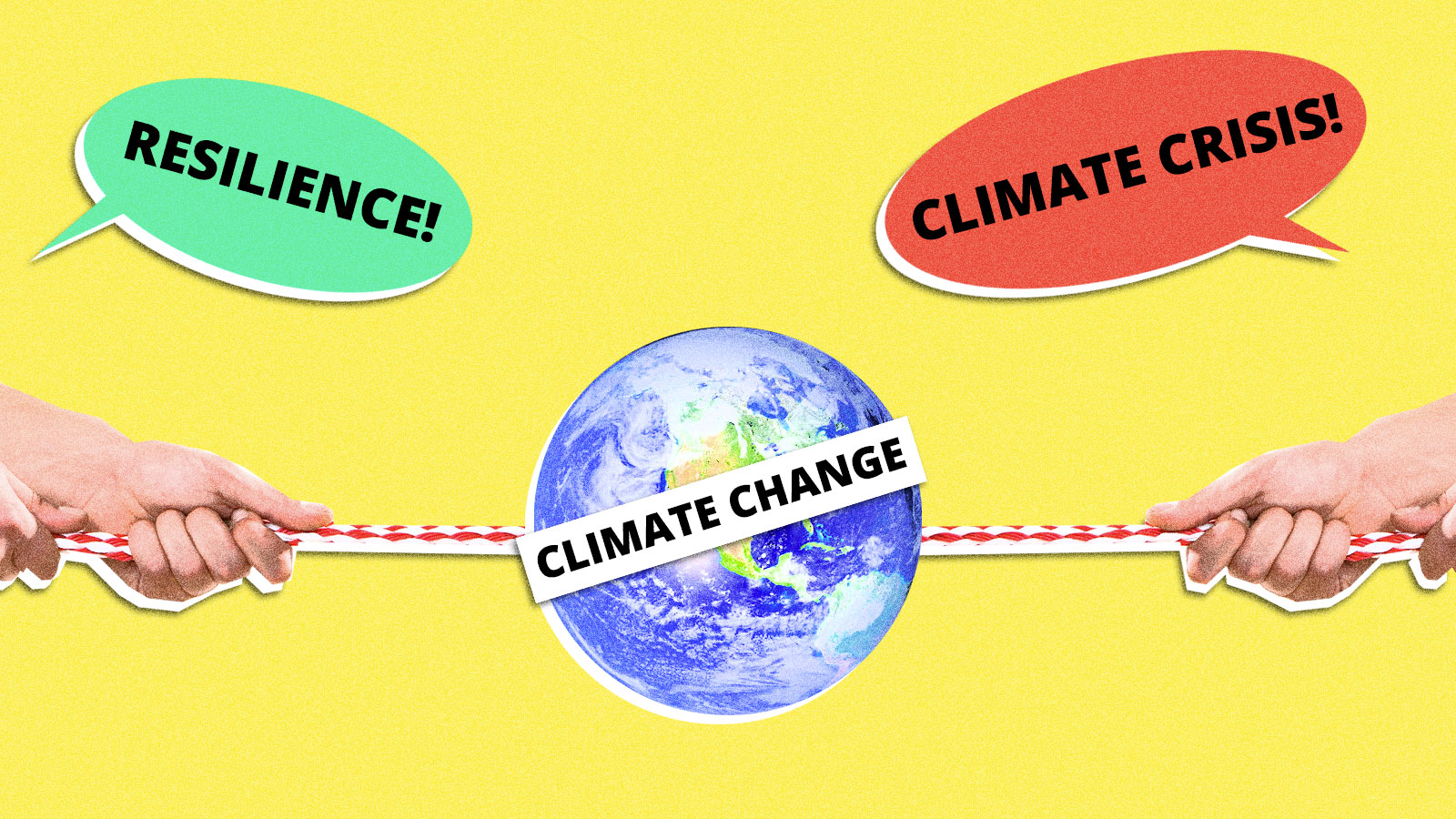The COVID-19 pandemic has had an immense impact on people’s lives across the world. It has also, however, presented a learning opportunity for political leaders tackling global problems, namely climate change. These lessons were the theme of this year’s Trottier Symposium, hosted virtually on Sept. 16 by the Trottier Institute for Sustainability in Engineering and Design (TISED).
The symposium, entitled “Lessons from a Pandemic,” featured guest speakers Michael Mann, professor of atmospheric science at Pennsylvania State University, and Naomi Oreskes, professor of the history of science at Harvard University.
Oreskes opened the symposium with a lecture on why the general population should have faith in scientific findings. In her lecture, she outlined the evolution of scientific methodology and emphasized that while scientific findings are never absolutely certain, it is the best way of accessing the truth. Oreskes explained how science gains its credibility through repeated testing, the accumulation of evidence, and the consensus of groups of experts.
“The relative risk of believing in science is far [lower] than not believing,” Oreskes said in reference to the United States’ poor response to COVID-19. “We should not trust scientists, but we should trust science.”
Scientific data has supported the theory of global warming since the 1950s, and there has been broad scientific consensus on the existence of anthropogenic climate change for more than three decades. Yet, special interest groups funded by fossil fuel companies, including ExxonMobil, and private citizens such as the Koch Brothers, still attempt to discredit climate science, usually to their own benefit.
The tactics that climate change deniers use to resist activism range from dismissing the dangers of climate change to outright denial. These deflective and divisive maneuvers are a popular strategy of the fossil fuel industry, pushing the narrative that the responsibility of solving climate change rests on the shoulders of individuals, rather than governments or corporations.
Mann and Oreskes agreed that the challenge in reducing the impacts of climate change is not the absence of available technological solutions.
“The technology that we need already exists,” Oreskes said. “We don’t need a miracle.”
Oreskes added that it was not enough for academics and policy experts to introduce innovative solutions to solving the climate crisis. Politicians and the public also play an essential part in addressing climate-related issues.
“If you don’t address the politics, it doesn’t matter how good the solution is,” Orekes said.
Both Mann and Oreskes remain optimistic, despite the looming ten year deadline laid out by the United Nations Intergovernmental Panel on Climate Change (IPCC). The IPCC report stipulates that humans must limit global climate warming to 1.5 degrees celsius or else face the first stages of climate disaster.
Mann commented that the “doomism” of some writers and environmentalists who believe it is too late to save the planet from warming is misleading. Around the world, renewable energy is becoming cheaper and carbon dioxide emissions are projected to plateau. Curbing the effects of climate change will require a twofold reduction in heat-trapping greenhouse gas emissions over the next 10 years—a target that Mann believes is still within reach.
Mann is also heartened by the success of grassroots activism, specifically in protesting the construction of natural gas pipelines across Canada and the U.S.
“We’re seeing investors unwilling to invest in pipelines because there’s so much opposition [and] because of the threat of litigation,” Mann said.
Simply put, the challenge remaining for many climate activists is tabling climate policies in discussions with politicians.
“We don’t want it to be political, but it is,” Oreskes said.









